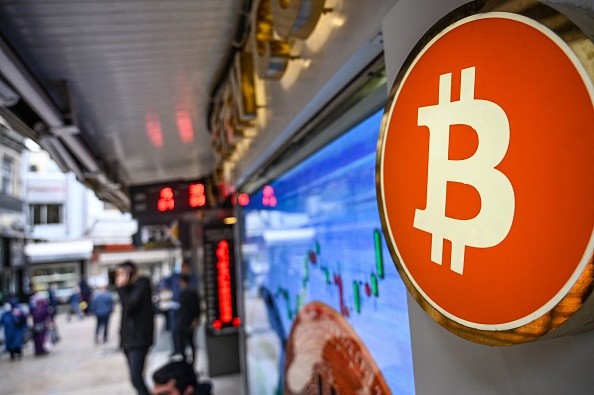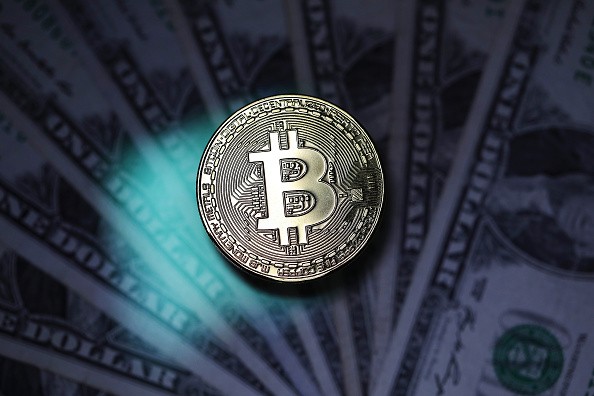Some Nigerian bank lenders were penalized by the country's central bank after accusing them of allowing cryptocurrency transactions.

Because of this, the West African country's central bank decided to penalize the involved financial firms. This decision came as a part of the officials' efforts to ensure that the blockchain trading ban is still implemented.
Back in February 2021, the government decided to restrict all crypto activities in the country because of the threats they pose to Nigeria's financial system. But, it seems like some money lenders are not following the crypto restrictions.
Nigerian Lenders Allegedly Allow Crypto Transactions
According to Bloomberg's latest report, one of the accused lenders is the domestic Standard Bank Group unit, Stanbic IBTC Bank.

Read also: Crypto Dystopia: Ethereum Founder Worries About Some Blockchain Trends, Including NFT's Rising Value
The financial company's CEO, Wole Adeniyi, said that Stanbic was fined over $478,000 because the Nigeria CB claims that it allowed two accounts to conduct crypto transactions.
On the other hand, the country's largest lender, Access Bank Plc. was also penalized. It was fined more than $1 billion after the central bank discovered that it failed to close customers' cryptocurrency accounts.
Meanwhile, Stanbic IBTC said that it followed the central bank's implemented crypto sanctions. However, the lender claimed that the detected blockchain activities may have bypassed its system, allowing them to push through.
Why is Cryptocurrency Being Banned?
Currently, Nigeria is just one of the countries to implement crypto restrictions. Although the rising digital currencies are attracting more investors and experiencing massive value growth, many countries don't approve of them.
CNBC TV18 reported that many government officials are concerned regarding the openness of cryptocurrencies. Because it offers almost complete anonymity, many malicious actors are trying to take advantage of the rising blockchain market.
Meanwhile, various critics claim that crypto can allow organizations to conduct illegal transactions. If you want to see further issues with cryptocurrencies, you can visit this link.
Meanwhile, more than 50 crypto firms received a new notice from the U.K. watchdog because of misleading advertisements.
On the other hand, Australia's crypto exchange approval finally happened.
For more news updates about cryptocurrencies and other business tech topics, always keep your tabs open here at TechTimes.
Related Article : Australia's Crypto Regulation Move To Ensure Safer Investment, Transaction! Is This a Good Thing?
This article is owned by TechTimes
Written by: Griffin Davis
ⓒ 2026 TECHTIMES.com All rights reserved. Do not reproduce without permission.




